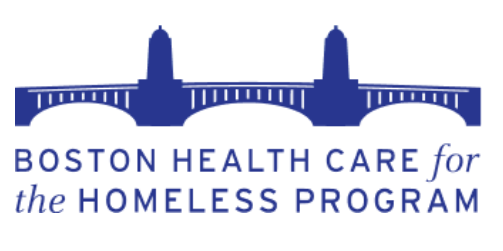This health insurer funded initiative increases access to recovery housing and peer support for those with substance use disorders
Unhoused individuals with substance use disorders are at high risk for overdose and death. By partnering with health insurers, the innovative Boston Health Care for the Homeless Program (BHCHP), launched in 2022, has increased access to recovery housing and peer support among this vulnerable population, mitigating risk of overdose and providing a route to treatment and recovery resources. WellSense Health Plan, a nonprofit health insurance company and the largest Medicaid managed care plan in Massachusetts, covers the recovery residence fees for program participants enrolled in WellSense through Boston Medical Center Health System’s Accountable Care Organization. Another insurer, UnitedHealthCare, has funded two full-time recovery support navigators — individuals with personal experience with substance use disorders — as well as project management and patient transportation. A third health insurer, Commonwealth Care Alliance, is also providing financial support.
Over 100 individuals have participated in the pilot program thus far. As reported by a news story on BHCHP, providing housing and access to trained recovery navigators substantially reduced emergency department visits (54%) and hospital admissions (nearly 60%) for program participants, which in turn resulted in significant savings for the insurers. This suggests that insurers can be incentivized to fund recovery housing and other recovery supports, thus helping to mitigate the opioid crisis. Contact information for BHCHP can be found at the program's website.









